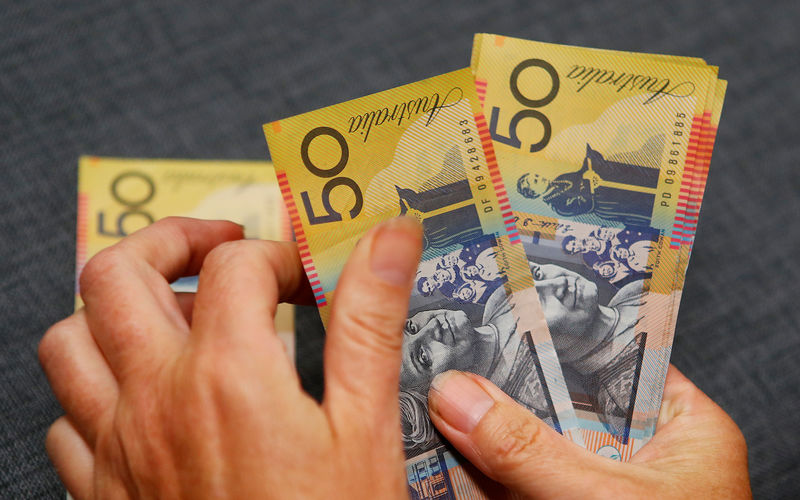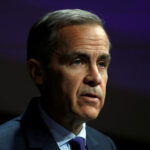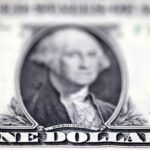Most Asian currencies rose on Tuesday amid optimism over potential tariff relief from U.S. President Donald Trump, while the Australian dollar strengthened after the country’s central bank signaled caution on further interest rate cuts citing global economic uncertainty.
The US Dollar Index, which measures the greenback against a basket of major currencies, inch down 0.1% in Asian trade on Tuesday, remaining near its three-year low reached last week.
Trump indicates pause on auto tariffs, uncertainty persists
President Trump on Monday suggested the possibility of exemptions from the 25% tariffs on foreign vehicle imports, especially for countries like Mexico and Canada.
Earlier, the administration also granted exclusions for specific electronics, such as smartphones and laptops, mainly from China.
These actions have helped alleviate some market worries about rising trade tensions.
However, caution remains among investors as the Trump administration continues to pursue potential tariffs on semiconductor and pharmaceutical imports.
Also, Trump’s trade tensions with China persist with China being slapped with a cumulative 145% tariff, against which Beijing retaliated with a 125% levy on U.S. goods.
The Chinese yuan’s offshore USD/CNH pair, and onshore USD/CNY, both edged 0.1% lower.
The Japanese yen’s USD/JPY pair fell 0.3% on Tuesday.
The Indian rupee’s USD/INR pair declined 0.5%.
The South Korean won’s USD/KRW pair was largely unchanged. The Bank of Korea is set to meet on Thursday to decide on its interest rates.
The Singapore dollar’s USD/SGD pair ticked down 0.2%.
Aussie dollar jumps as RBA minutes flag tariff risks
The Australian dollar’s AUD/USD pair jumped 1.4% on Tuesday after the Reserve Bank of Australia (RBA) meeting minutes revealed that the board opted to maintain the cash rate in April as it assessed tariff-induced global uncertainty.
Policymakers were concerned that rising trade tariffs, particularly those involving the U.S. and China, could fuel inflation and add complexity to the global economic environment.
RBA members also acknowledged uncertainty over the potential impact of these tariff changes on the Australian economy.
Policymakers considered May an appropriate time to review further monetary policy changes.




